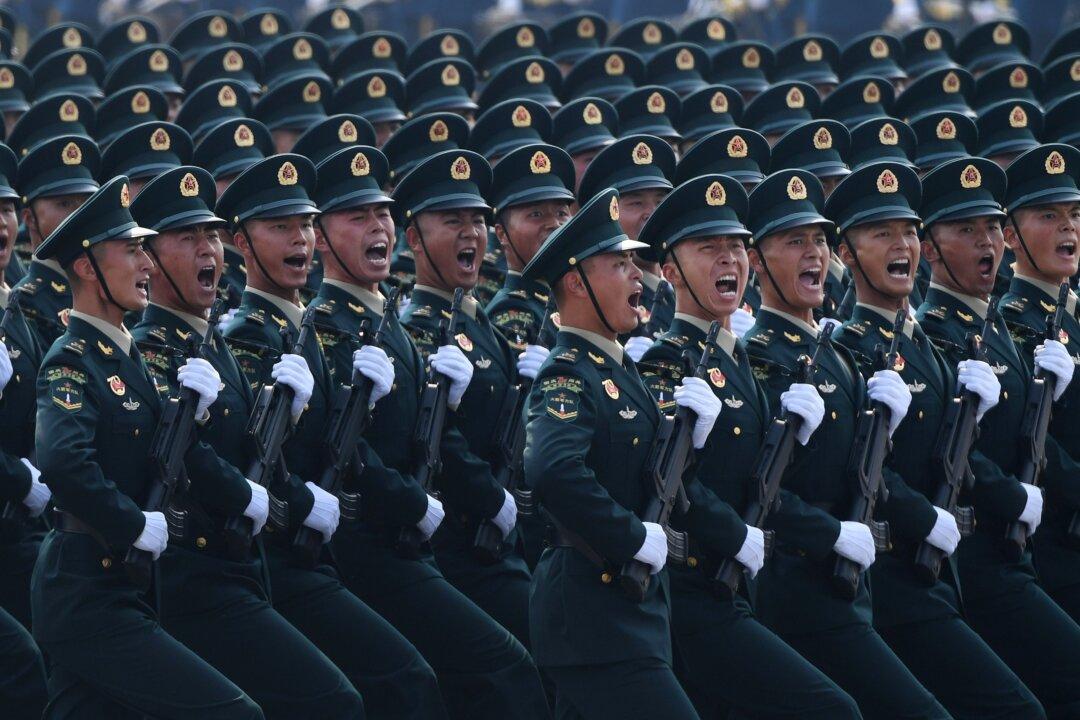News Analysis
President Joe Biden’s increasingly public commitment to defend Taiwan from China furthers a trend followed by George W. Bush and Donald Trump, which increases America’s understanding of Taiwan as a sovereign and a democracy worth defending. Biden is extending this approach on a global scale.





